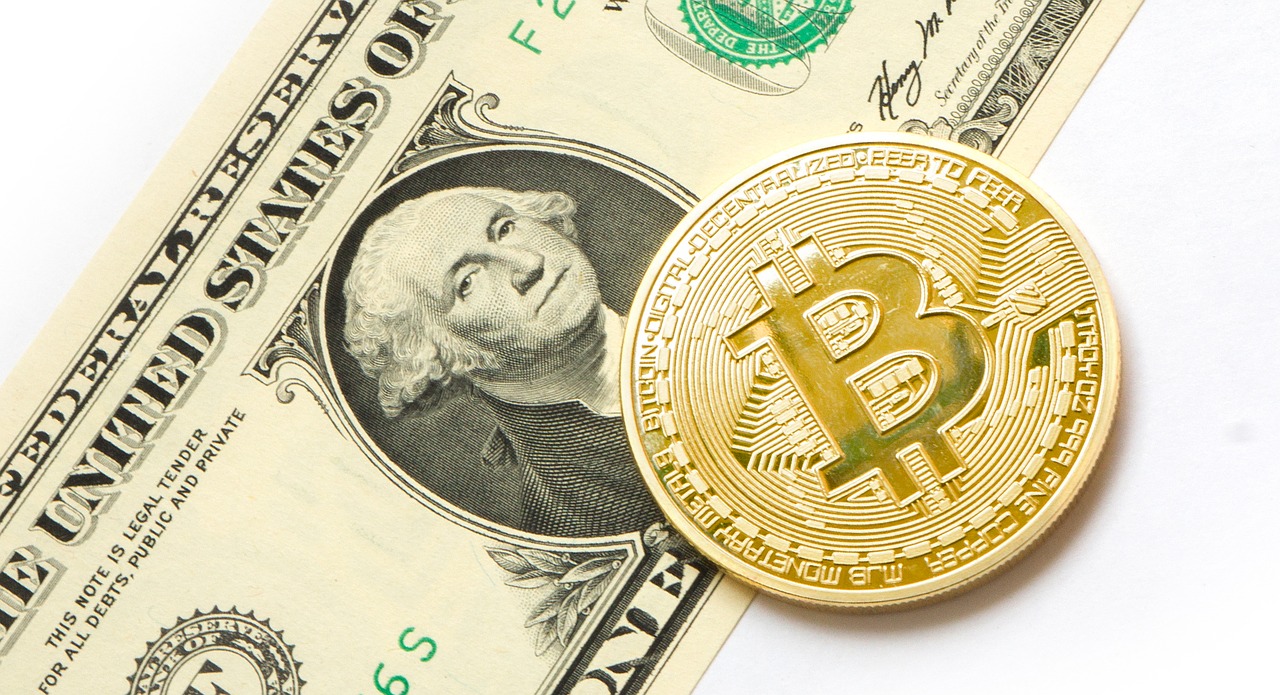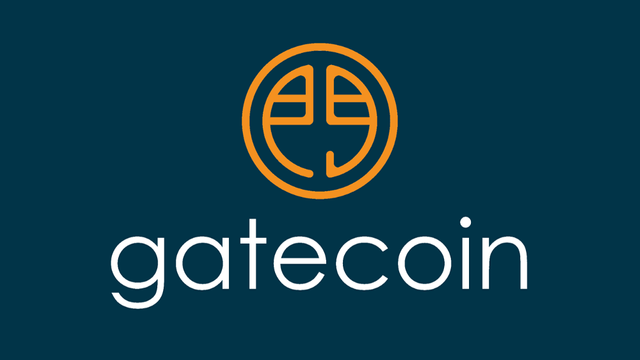Why Crypto Tokens and ICOs will dominate Venture Capital

There is this belief that companies that are listed on the SEC will be safe as they are regulated but that hasn't really benefited the man on the street. Stock prices are often manipulated with false information and you have to ask yourself what's the difference between an IPO and an ICO. It is the public perception of your IPO that will determine the asking price and for that you should have some track record to show that you have what it takes to pull it off.
ICOs and Startup culture is no different. Except that ICOs are the fast track options for those who want to seize the moment. The manner in which funds are raise has open a can of worms for SECs around the world. The use of Bitcoin and Ether to exchange for Tokens is not in the preview of regulation since both ETH and BTC are not recognized as currency in many countries.
Japan was one of the first to recognize crypto currency as real world fiat currency. By doing this, they have the right to regulate the way in which ICOs will work in the future. Token swaps, where you exchange BTC or ETH for a ICO Token will be no different than using real money to buy shares or securities in a company and this is the first step towards regulation.
For the most part, ICOs are public if they are using Ethereum's ERC20 platform. The ownership of each token can be checked and validated by you and me. The data itself is stored on a blockchain which itself is secure. The only caveat is when people phish or scam you of those tokens, you will have to kiss them goodbye.
Pundits have talked about an ICO bubble, which to some extent is building up to a climax now that the SECs around the world have put them in their cross hairs.
Virtual Currency Recognition
There is this misconception that as long as a national government does not recognize the legality of crypto currencies, then it is legal. It is not.
For the law to regulate anything it has to first recognize that virtual currencies as legitimate real world fiat currency. Japan is way ahead of the rest of the world on this and this is why Bitcoin and Ether is recognized as currency. This is the first step towards recognizing ICOs are legitimate venture capitals and with that, fall into some kind of regulatory framework.
South Korea on the other hand just wanted to regulate ICOs by banning them but they didn't ban the mining of virtual currencies or their use. So what does it mean? As long as virtual currencies are not regulated or recognized as fiat currency, there is no hope for ICOs ever being legal.
China has a much more opaque approach. It prohibits the legal banking system from using or exchanging virtual currencies for cash while not outlawing the mining of the currency. China is going ahead to recognize virtual currencies as virtual assets, placing them in a different category with equal value to owning a physical car in the real world. Just remember that the Great Firewall of China isn't there to prevent money getting into the China. It is there to prevent money from leaving the country. By legally recognizing it as fiat currency, the trading of BTC and ETH can be used to circumvent currency controls. So by recognizing it as a virtual asset, BTC and ETH can be taxed in the same way as real world goods. Ownership of virtual goods isn't prohibited, just that it doesn't have the same standing as owning a real world fiat currency like the Dollar or Sterling Pound.
Countries that have not recognized Crypto currencies or ICOs are grey markets. That means anything and everything can go wrong if you happen to operate from there. These are grey markets where there are no exact regulations. Examples can be seen in countries like Malaysia, Singapore and at this writing, Hong Kong.
What Happens to those who operate from Grey Markets
Here is one case worth taking note of, GateCoin of Hong Kong — a virtual currency exchange has had their bank accounts halted at the end of September for no apparent reason. This probably came from the HKMA but there is no exact audit trail that says they were responsible for closing GateCoin's Hang Seng bank account which according to them is used for transferring HKD and USD to clients.
This has severely impacted the clearing cycle for crypto currencies if you want your money in HKD or USD.

Such sudden closures are only expected when the HKMA doesn't agree with your business and a similar case also happened to several token exchange in Singapore. The Monetary Authority of Singapore also went a closing spree and you can read more about it here.
The dangers of operating in a grey market like Hong Kong and Singapore is that even though it is not explicitly illegal, they can move faster than you can by freezing your business assets and making it impossible for you to do business.
This is also why the Wikipedia entry on the legality of crypto currencies is not accurate. They have listed grey markets as legal and this can give you the false impression that it is legal when they are not.
Death and Taxes
There is no denying that Japan needs to expand its tax base and by making virtual currencies legal and blessing them with an easy path to doing business, they have created the most open country in the world to jump into the crypto currency and ICO token business. This is until you read the fine print that says your business is subjected to a 32 percent corporate tax.
Yes folks, the most open place to set up a crypto shop also has one of the highest corporate tax rates in the world. Your ICO will be subjected to the same corporate tax rate and so will your token exchange business.
Places like Singapore and Hong Kong have a tax rate between 16 to 17 percent but would you do business there when the regulators themselves are not wiling to recognize virtual currencies? This is why ICOs that set up in Singapore do not sell their tokens to Singaporean residents as a way to avoid conflict with the authorities. Customers for such ICOs have to be white listed to be living elsewhere to buy into it.
The underlying reason for recognizing the validity of crypto currencies as real world fiat currency is about taxes. By having a way to convert a virtual token to a currency which you can use as electronic cash as in the case of a debit card or have the exchange proceeds deposited in a bank account is really about paying taxes more than anything else.
Once the tax issue is sorted out, you get your share of the crypto profits and in turn pay the tax man his dues.
This is why official regulation has to be in place and both the HKMA and MAS haven't figured out where to set it down. For now, having a ICO listing might seem like a good idea but to have your business shut down because they haven't figured out how to tax you would be problematic to say the least.
ICOs are the way to go when it comes to venture capital. It's like kickstarter and indiegogo. Some projects will not take off for the lack of funding and others who have secured such crowdfunding will end up like a eight car pile up on a highway. Either way, ICOs are in no way a guarantee ride to success just like any new startup gunning for an IPO board listing.
I should know this having seen two startups I was involved in go down like a blazing meteor. The light trails were fascinating but it ended without a puff of smoke.
ICOs will dominate the venture capital landscape thanks largely to Bitcoin and Ethereum. And virtual currencies will remain in demand because ICO tokens on a blockchain is the next best thing to stockbroking without borders.